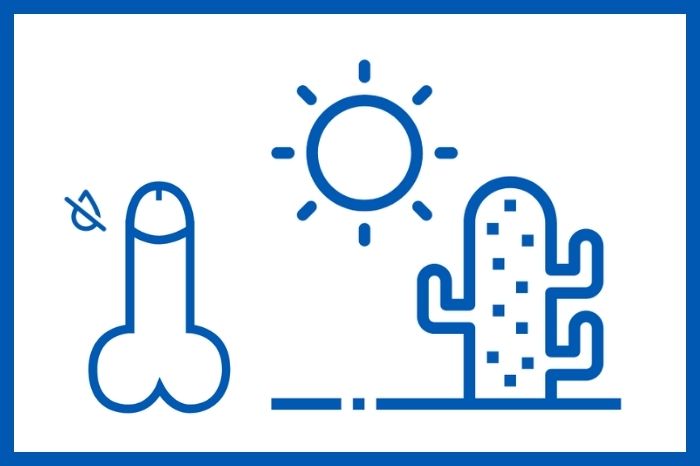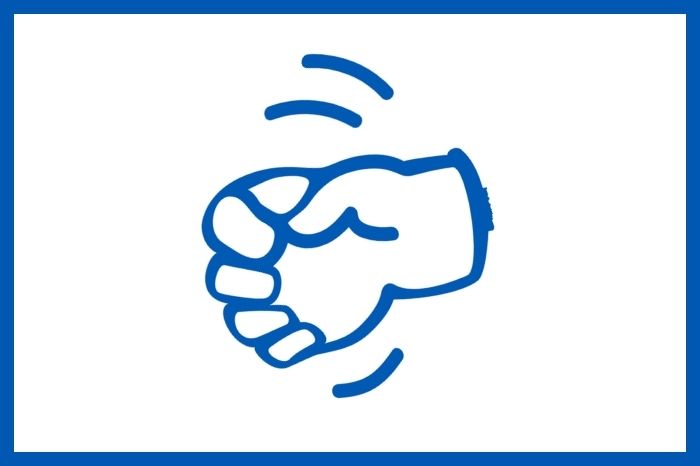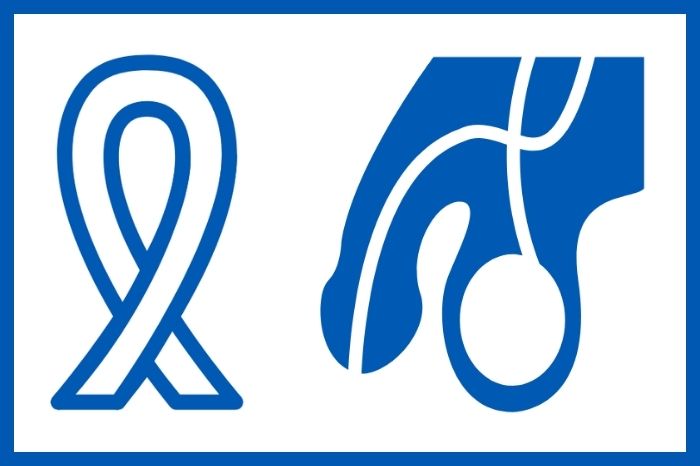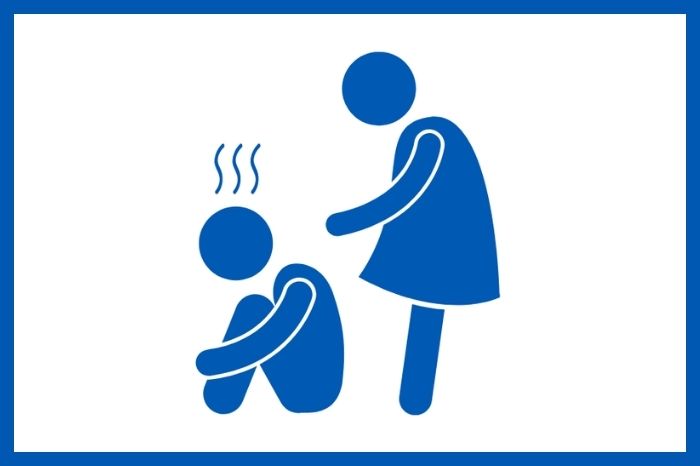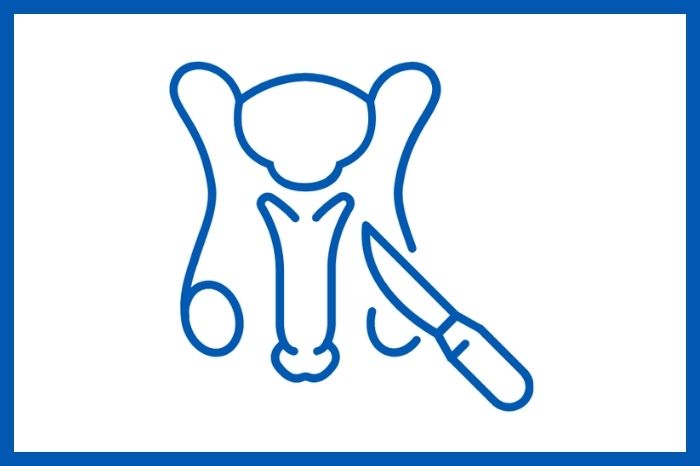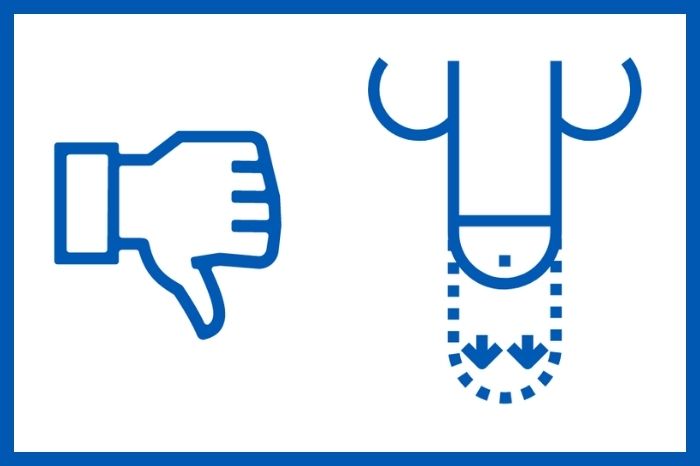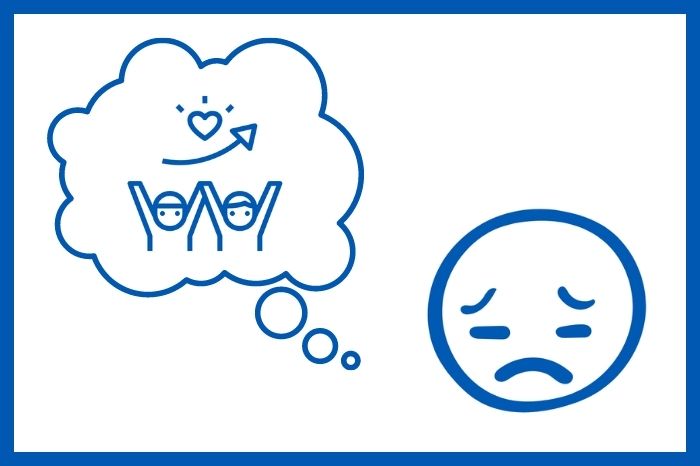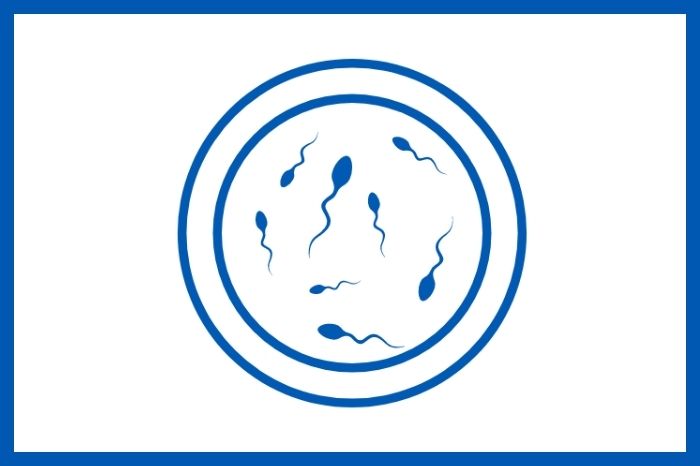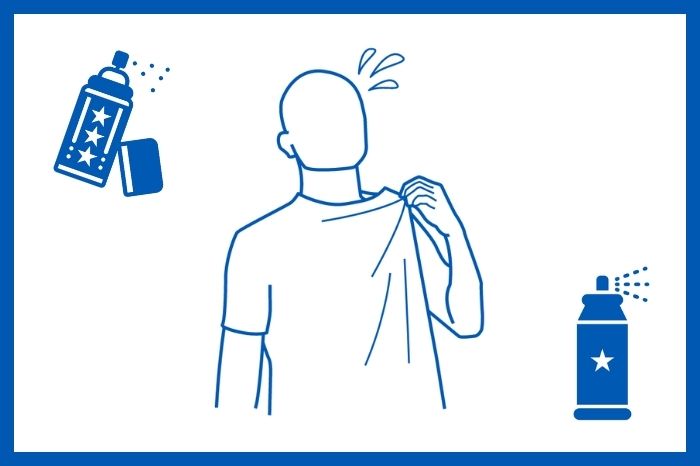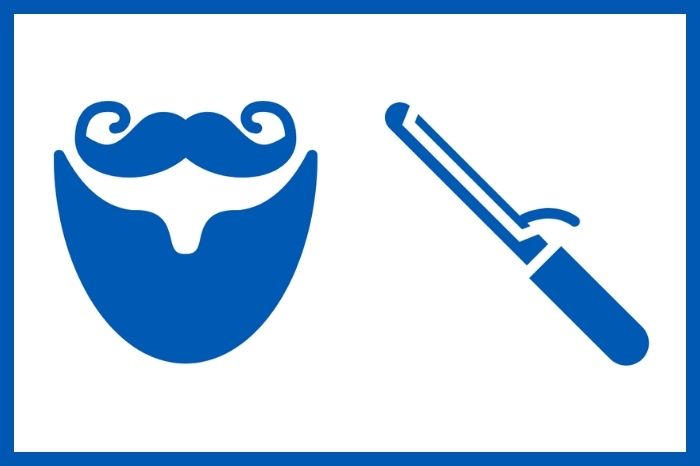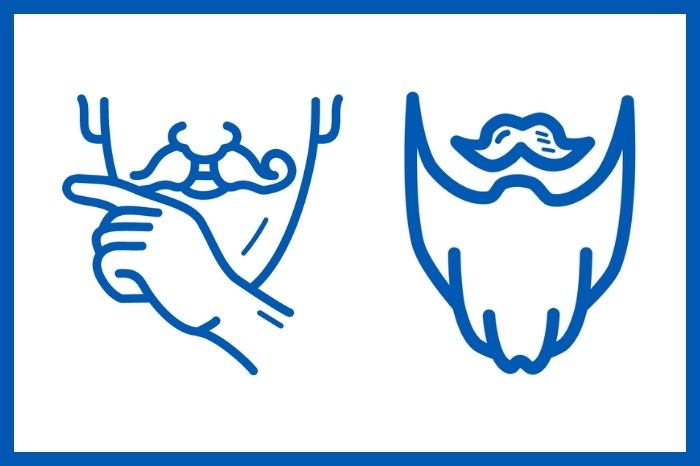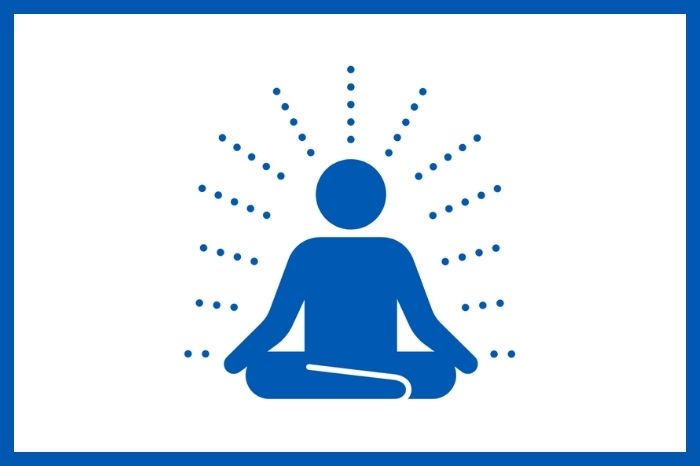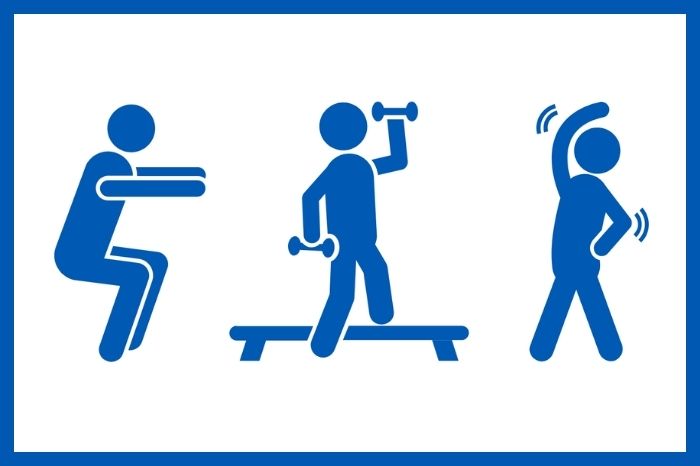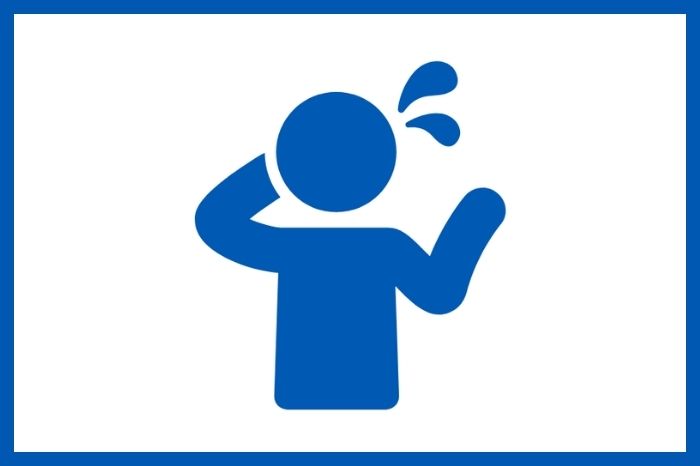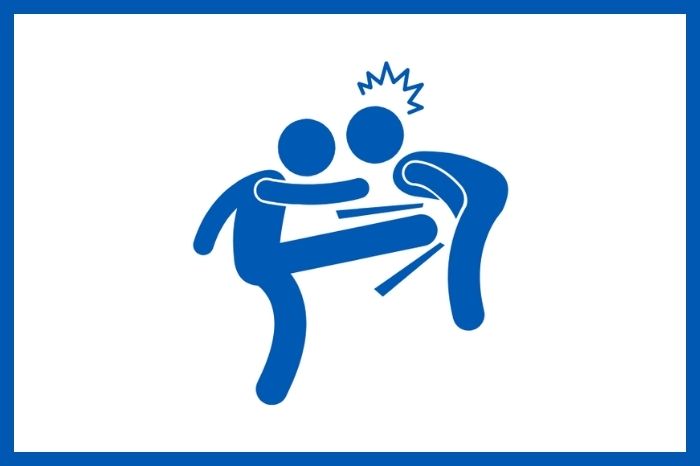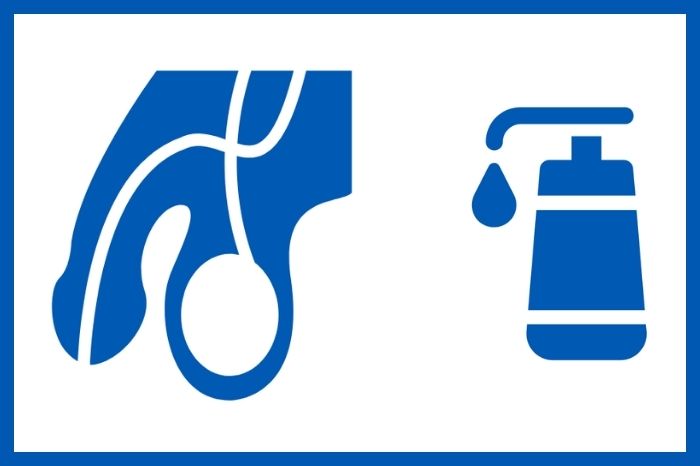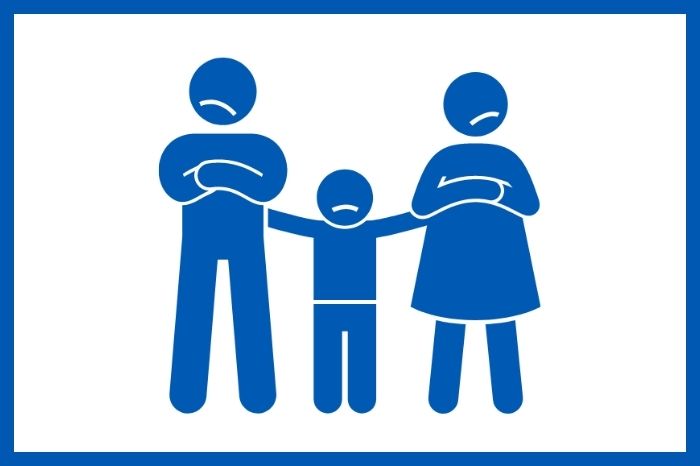Do you think you have an STD? Keep calm and read this!
How do you know if you have an STD and what type it is? First of all, if you notice any change in your health or in the health of the person you are in a relationship with, it is advisable to seek medical attention. For couples having unprotected sex, treatment is recommended for both in some cases.
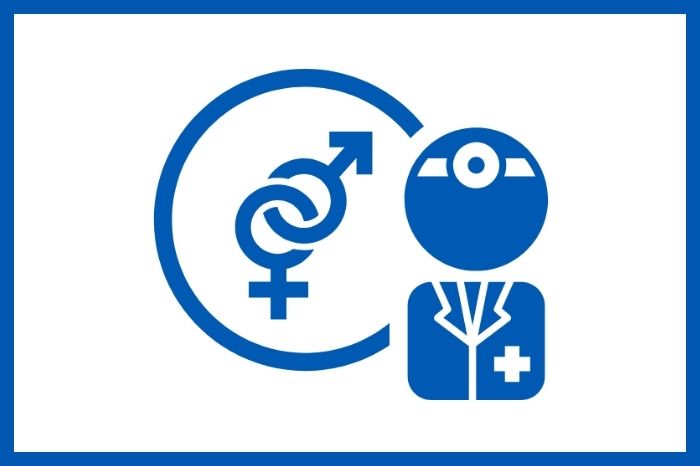
In this article you will understand about the characteristics of the main STD's and how to proceed in the best way, in case you suspect you have one.
The difference between STDs and STIs
Many people now use the term STI, which stands for Sexually Transmitted Infection, to refer to infections, many of which can be treated. On the other hand, the term STD, which means Sexually Transmitted Disease, may be a little outdated, because infections caused by viruses, bacteria or other microorganisms can be transmissible, but not necessarily the carrier will develop the disease.
Although the acronym DST is commonly used, we will use both the terms DST and IST for better understanding.
How do I know if I have a sexually transmitted disease?
While some symptoms appear within a few days of infection, others may take longer.
Below is a list of some of the most common symptoms of major STIs and STDs with their respective symptoms:
- Chlamydia: Burning, itchy urination, discharge, spotting, nausea, painful sex and headache;
- Herpes: Red swelling, unusual discharge, headache, painful urination, and burning/irritation;
- Gonorrhea: Burning sensation during urination, yellow or bloody discharge, painful intercourse;
- Hepatitis B: Flu-like symptoms such as headache, pain, fatigue, and upset stomach.
- HIV Early symptoms of HIV include sore throat, fever, swollen lymph nodes, and other cold-like symptoms;
- HPV: You may have HPV if you have small bumps (warts) that are painless, itchy, or painful during sex;
- Syphilis: Sores are usually a symptom of syphilis. Symptoms can also include fever, swollen lymph nodes, and lack of coordination;
- Trichomoniasis: Trichomoniasis presents with unpleasant symptoms such as unpleasant discharge and pain or itching when urinating;
Attention! Not all STDs have symptoms.
Although you may suspect you have an infection based on symptoms of an STI, the absence of symptoms does not mean that you are not infected.
Some strains of HPV, for example, have no symptoms. You can only find out that you have HPV after a specific test, or if warts appear on the penis, scrotum and anus, or on the vagina and anus in the case of women. In more severe cases, both sexes can develop genital cancer.
Herpes may also have no symptoms.
Do not panic!
There are two good reasons why you shouldn't freak out if you think you might have an STI.
1. It may not be an STD
Everything from a reaction to laundry soap to a yeast infection can cause unusual symptoms around the genitals and even in the mouth. This is why bragging about observed changes can lead to more anxiety and worry than necessary.
While it's a good idea to call your doctor to schedule an appointment, you should know the differences between some other common illnesses and STDs.
A yeast infection occurs when Candida levels increase in the vagina or penis. The fungus that causes thrush is part of our normal microbiota, but when it gets out of control for some reason it can cause an unpleasant odor, irritation, itchiness and cottage cheese-like discharge for women.
The use of antibiotics, hormonal changes, consumption of dairy or sugar and even diabetes can trigger the proliferation of the fungus. Passing on a yeast infection to your partner is not very common, but it is possible. As such, yeast infections are not considered an STD. Proper drug treatment solves the problem.
Bacterial infections in the vagina, also known as bacterial vaginosis, are very common for women. As the name suggests, bacteria cause infections, so it's important to properly clean all sex toys, properly hygiene the penis and vagina, and even the fingers that enter the vagina. Douching your vagina can also increase your risk of getting this infection. An itchy or burning sensation and an unpleasant fishy smell are signs of bacterial vaginosis. The gynecologist will prescribe antibiotics to treat the problem. It is important to treat bacterial vaginosis because it makes women more vulnerable to STDs.
As you can see, symptoms alone are not the best way to tell if you have a sexually transmitted disease.
2. Having an STD is relatively common
There is a certain prejudice in relation to STD's, as if whoever had it was a “dirty” person, “with bad behavior” or something like that. Especially women suffer more in this regard. However, such diseases are relatively common and most are treatable. Many people continue their normal lives with treatment. HPV, for example, is very common. According to the Centers for Desease Control and Prevention, almost all sexually active people will have it at some point in their lives.
You probably know many people who have had a positive STD test. Although, they are unlikely to talk about it.
You can contract an STD from a monogamous partner who contracted it from a previous partner. One study also shows that monogamous people have similar rates of STDs as those who practice consensual non-monogamy because people with multiple partners are more likely to use condoms.
Know that having an STI does not necessarily mean that your sex life will be harmed. You may have to use condoms and disclose your condition to future partners. Many people with STDs have an active and satisfying sex life.
Even HIV, once known as a deadly pandemic, is no longer a death sentence. AIDS-related deaths have decreased by 48% since 2005. People who were 2 years of age and diagnosed with HIV since 2008 had increased life expectancy.
Many people living with HIV live for decades, and advances in medicine mean couples seem to be able to have unprotected sex without passing on the virus. However, we always recommend using a condom. Talking to a qualified doctor first, if one or both of the couple has HIV, is ideal before initiating sexual intercourse.
You think you might have an STD. And now?
If you suspect you have an STD, see your doctor as soon as possible. The doctor will ask you questions to collect your data and tests may be ordered, such as:
Blood tests that check for HIV, herpes, syphilis; Swab test that collects saliva to investigate HIV; Urine tests can detect chlamydia and gonorrhea; Examine the contents of wounds to investigate infections such as syphilis; Examination of cells around the vagina, penis, anus, or throat for infections such as chlamydia, gonorrhea, herpes, and trichomoniasis. A Pap smear may indicate irregular cells, which could be a symptom of HPV or cancer. A physical exam can also determine if you have sores or warts caused by sexually transmitted diseases.
Test results can take days to be ready. Try not to go crazy with anxiety until then!
Treatments for sexually transmitted diseases
If the test is positive for an STD, the doctor may prescribe medication. Antibiotics treat and cure STDs like gonorrhea, syphilis, chlamydia and trichomoniasis (as well as bacterial vaginosis). Medications help suppress herpes outbreaks, although there is no cure for this disease; Even though there is no cure for AIDS, there are also antiretroviral drugs available to treat HIV.
Sometimes, time provides the needed relief. There is no medicine capable of eliminating the HPV virus, only treating the symptoms. However, the individual's own organism takes care of eliminating it over time, usually within 2 years. After a while, this STD can be cured. But the doctor may ask to repeat the tests more often, to monitor the virus and see if the person's immune system is eliminating it.
Talk to your partner and previous partners too
Another concern is coming into contact with partners who may have been exposed to sexually transmitted infections. Depending on the infection, you may want to alert people you've had sex with in the past few months, even if you had sex with a condom. For example, HPV is transmitted through skin-to-skin contact and condoms may not protect against it.
This is definitely not an easy conversation, but it is important. STDs can affect your health. Your doctor can advise you on which previous partners to contact. usually the partners of the last few months.
When talking to other people, keep calm and tell them that you have tested positive for an STD and that you recommend that the person get tested too, even if they don't have any symptoms.
We know it's not easy to have this kind of conversation, but it's very important! If it were the other way around, you'd like to be warned, wouldn't you?!
Conclusion
If you have any of these symptoms, stay calm. Cooling heads definitely prevail in this case. There's no reason not to get tested if you're worried about symptoms of an STD. How do you know if you have an STD if you haven't been tested? Most of the time, when people get positive results on an STD test, their lives go on as before.
Don't blame or accuse your partner or someone you've had sex with. It can be difficult to know when you first became infected, especially if it takes some time for symptoms to appear.
People may have negative reactions to such news, so it's helpful to get information about the specific infection. Partners may be angry and shocked to hear the news; They may say hurtful things or even accuse you of cheating. But present the facts, seek information together. This can help the couple feel better.
This is also a good time to discuss what you need to do to prevent the infection from spreading if only one of you has it. This could mean using condoms, tooth barriers, or abstaining from sex for a while.
But, if your partner's reaction is abusive or accusatory, it may be time to take a break and walk away.
Remember: even if you have an STD, in the vast majority of cases, as long as you are treated, it is possible to lead a normal life.
- Sexually transmitted infections (STIs). https://www.nhs.uk/conditions/sexually-transmitted-infections-stis/
- Chlamydia – CDC Fact Sheet. Centers for Disease Control and Prevention. https://www.cdc.gov/std/chlamydia/STDFact-Chlamydia.htm
- Genital Herpes - CDC Fact Sheet. Centers for Disease Control and Prevention. https://www.cdc.gov/std/herpes/STDFact-Herpes.htm
- Gonorrhea – CDC Fact Sheet. Centers for Disease Control and Prevention. https://www.cdc.gov/std/gonorrhea/STDFact-gonorrhea.htm
- Hepatitis B Questions and Answers for the Public. Centers for Disease Control and Prevention. https://www.cdc.gov/hepatitis/hbv/bfaq.htm
- About HIV. Centers for Disease Control and Prevention. https://www.cdc.gov/hiv/basics/whatishiv.html
- Syphilis – CDC Fact Sheet (Detailed). Centers for Disease Control and Prevention. https://www.cdc.gov/std/syphilis/stdfact-syphilis-detailed.htm
- Trichomoniasis – CDC Fact Sheet. Centers for Disease Control and Prevention. https://www.cdc.gov/std/trichomonas/STDFact-Trichomoniasis.htm
- Human papillomavirus (HPV) and cervical cancer. World Health Organization. https://www.who.int/en/news-room/fact-sheets/detail/human-papillomavirus-(hpv)-and-cervical-cancer
- Bacterial Vaginosis – CDC Fact Sheet. Centers for Disease Control and Prevention. https://www.cdc.gov/std/bv/stdfact-bacterial-vaginosis.htm
- HPV Infection. Centers for Disease Control and Prevention. https://www.cdc.gov/hpv/parents/about-hpv.html?CDC_AA_refVal=https%3A%2F%2Fwww.cdc.gov%2Fhpv%2Fparents%2Fwhatishpv.html
- Lehmiller, Justin J. "A comparison of sexual health history and practices among monogamous and consensually nonmonogamous sexual partners." The journal of sexual medicine 12.10 (2015): 2022-2028.
- Global HIV & AIDS statistics — Fact sheet. UNAIDS. https://www.unaids.org/en/resources/fact-sheet
- Trickey, Adam, et al. "Survival of HIV-positive patients starting antiretroviral therapy between 1996 and 2013: a collaborative analysis of cohort studies." The lancet HIV 4.8 (2017): e349-e356.
- Brooks, John T., et al. "Effects of antiretroviral therapy to prevent HIV transmission to women in couples infection attempt conception when the man has HIV—United States, 2017." MMWR Morbidity and mortality weekly report 66.32 (2017): 859.
- Politch, Joseph A., Kenneth H. Mayer, and Deborah J. Anderson. "HIV-1 is undetectable in pre-ejaculatory secretions from HIV-1-infected men on suppressive HAART." AIDS (London, England) 30.12 (2016): 1899.
- STI Testing. American Sexual Health Association. https://www.ashasexualhealth.org/get-tested/
- How to Treat a Sexually Transmitted Infection. Sutter Health. https://www.sutterhealth.org/pamf/health/teens/sexual/how-to-treat-sti
- What are the treatments for sexually transmitted diseases and sexually transmitted infections (STDs/STIs)?. Eunice Kennedy Shriver National Institute. https://www.nichd.nih.gov/health/topics/stds/conditioninfo/treatments
- HIV Treatment: The Basics. HIV Info. https://hivinfo.nih.gov/understanding-hiv/fact-sheets/hiv-treatment-basics
- Condom Fact Sheet In Brief. Centers for Disease Control and Prevention. https://www.cdc.gov/condomeffectiveness/brief.html
- How soon do STI symptoms appear? NHS https://www.nhs.uk/common-health-questions/sexual-health/how-soon-do-sti-symptoms-appear/
